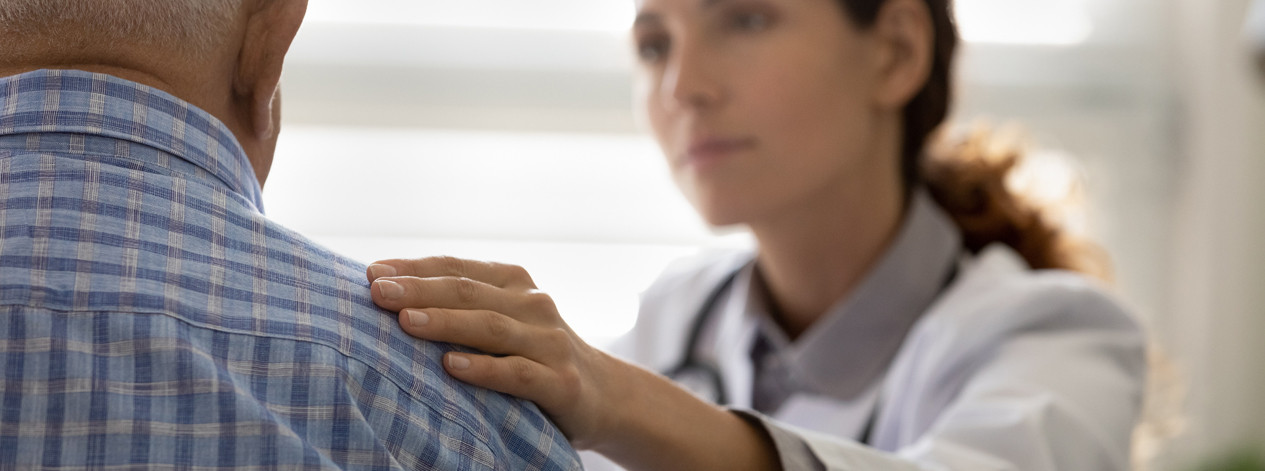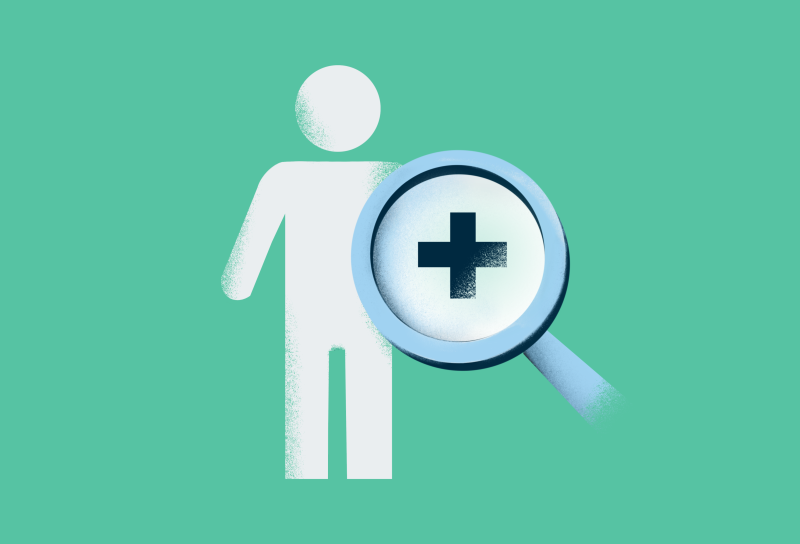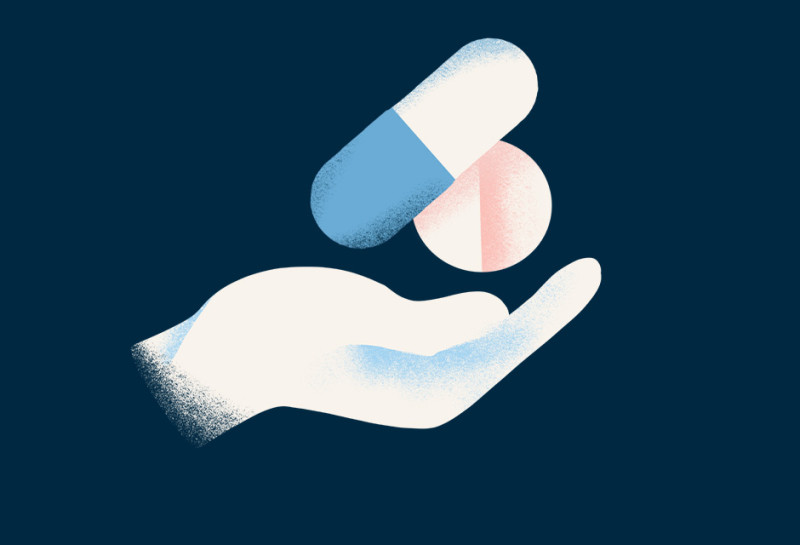Newly Diagnosed
A new diagnosis of cancer can be a shock, making you feel out of control and overwhelmed. Getting informed can help alleviate these feelings. Remember, very few cancers require emergency treatment; you have time to learn about your diagnosis and treatment options, ask questions, and get a second opinion. This section is designed to help you address your initial questions before you move forward with your treatment.

What is cancer?
Cancer is not one disease, but many diseases that occur in different areas of the body. Each type of cancer is characterized by the uncontrolled growth of cells. Under normal conditions, cell reproduction is carefully controlled by the body. However, these controls can malfunction, resulting in abnormal cell growth and the development of a lump, mass, or tumor. Some cancers involving the blood and blood-forming organs do not form tumors but circulate through other tissues where they grow.
A tumor may be benign (non-cancerous) or malignant (cancerous). Cells from cancerous tumors can spread throughout the body. This process, called metastasis, occurs when cancer cells break away from the original tumor and travel in the circulatory or lymphatic systems until they are lodged in a small capillary network in another area of the body. Common locations of metastasis are the bones, lungs, liver, and central nervous system.
The type of cancer refers to the organ or area of the body where the cancer first occurred. Cancer that has metastasized to other areas of the body is named for the part of the body where it originated. For example, if breast cancer has spread to the bones, it is called metastatic breast cancer; not bone cancer.
How did I get cancer?
Although every patient and family member wants to know the answer to this question, the reason people develop cancer is not well understood. There are some known carcinogens (materials that can cause cancer), but many are still undiscovered. We do not know why some people who are exposed to carcinogens get cancer and others do not. The length and amount of exposure are believed to affect the chances of developing a disease. For example, as exposure to cigarette smoking increases, the chance of developing lung cancer also increases. Genetics also plays an important role in whether an individual develops cancer. For example, certain types of breast cancer have a genetic component.

What’s next?
Following your diagnosis of cancer, your reaction may be one of shock and disbelief. If you have been told that chemotherapy or radiation therapy are an important part of your treatment, many unpleasant images may come to mind. But as you move beyond that initial shock to begin the journey of surviving your cancer, you have many good reasons to be optimistic. Medicine has made—and continues to make—great strides in treating cancer and in making cancer treatment more tolerable, both physically and emotionally.
No one would call cancer a normal experience, but by proactively managing aspects of your treatment, you can maintain a sense of normalcy in your life. Fighting cancer is not a challenge you face alone. It's a team effort that involves family, friends, and your healthcare team. Don't overlook the strength that can come from having your support network by your side. Learn about your cancer and talk to others that have gone experienced your situation; www.CancerConnect.com is a network of cancer patients and their caregivers that provides support, hope, inspiration, and information.
Copyright © 2020 CancerConsultants. All Rights Reserved.


